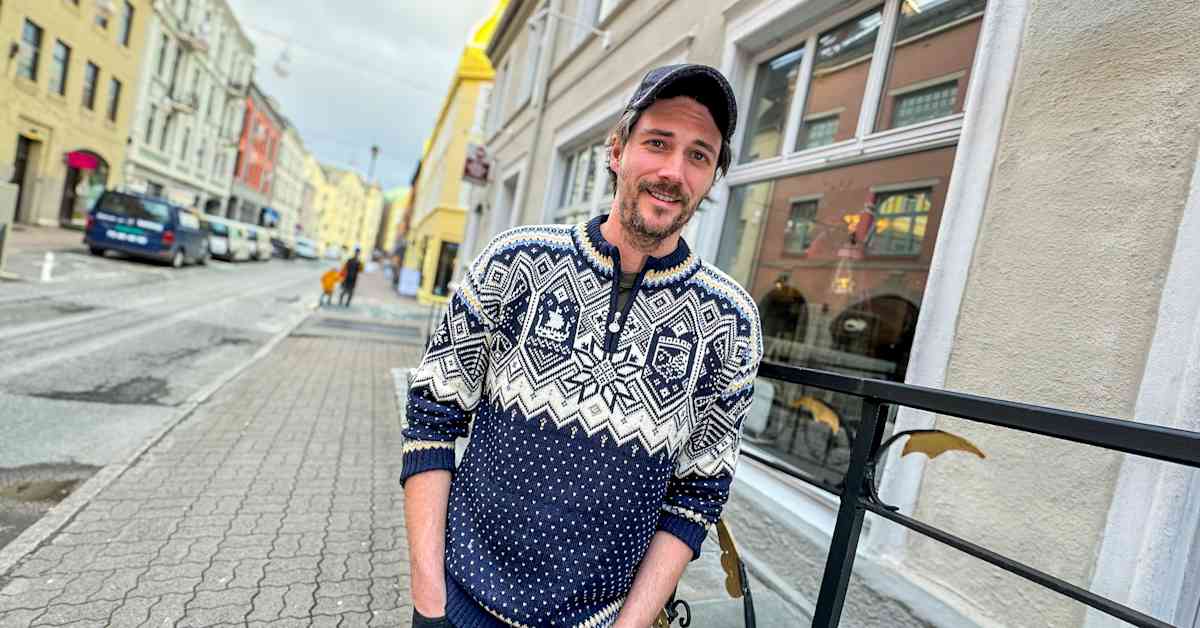
Therese Johaug criticizes Swedish team’s Novo Nordisk sponsorship tied to weight‑loss drugs
Originally published in NRK on November 19, 2025
NRK recently revealed that weight‑loss medications have been registered among athletes, including Olympians. On hearing this, Norway’s multiple world champion Therese Johaug reacted strongly, calling it “crazy” and saying it made her angry and sad given the influence elite athletes have on youth and the prevalence of eating disorders in several sports.
Johaug explained on her new podcast and to NRK that, as a young athlete, role models shaped her choices. Had she learned that her idol Marit Bjørgen used such drugs, she fears she would have doubted her own body and believed medication was necessary to ski faster and be thinner. She stresses these medicines can be vital for people who need them medically, but do not belong in sport for performance enhancement.
Lars Engebretsen, who chairs WADA’s health, medical and research committee, also reacted strongly, saying weight‑loss drugs should be banned in sport for performance reasons. He emphasized they should be used only as indicated, not to improve athletic results.
The debate intensified after the Swedish cross‑country national team announced a partnership with Novo Nordisk, maker of Ozempic (for type 2 diabetes) and Wegovy (for weight reduction). Entering the Olympic season, the team will display the company’s logo. Johaug said she would never wear the Novo Nordisk logo, arguing it conflicts with her values and sends the wrong message when national team athletes serve as role models.
Sweden’s cross‑country director Lars Öberg defended the collaboration in a statement, saying it aims to promote public health, reduce weight stigma, and is grounded in shared values focused on movement and long‑term health. World champion Ebba Andersson called the public‑health goal positive but said it is “a bit unfortunate” that an often‑debated medicine comes with the deal.
Ski jumper Anna Odine Strøm suggested the agreement reflects sport’s financial realities—major companies can afford such partnerships—but said she is unsure it is positive to bring drug manufacturers into sport as sponsors. Novo Nordisk responded that it is honored to partner with the Swedish team to inspire a healthier Sweden through movement and long‑term health awareness.
Johaug believes a similar partnership would not appear on Norwegian national team kits given Norway’s long‑standing focus on health attestations and safeguarding athlete well‑being. She added that athletes should be able to push back against sponsorships that conflict with their values. Johaug, who ended her career after the last season and took medals at the Trondheim world championships, will work as an NRK cross‑country expert at the 2026 Olympics.
The article notes that Johaug and the Norwegian Ski Association have faced criticism for some of their own partnerships and plans, underscoring the complex ethical landscape around sponsorships in elite sport.
See Also
